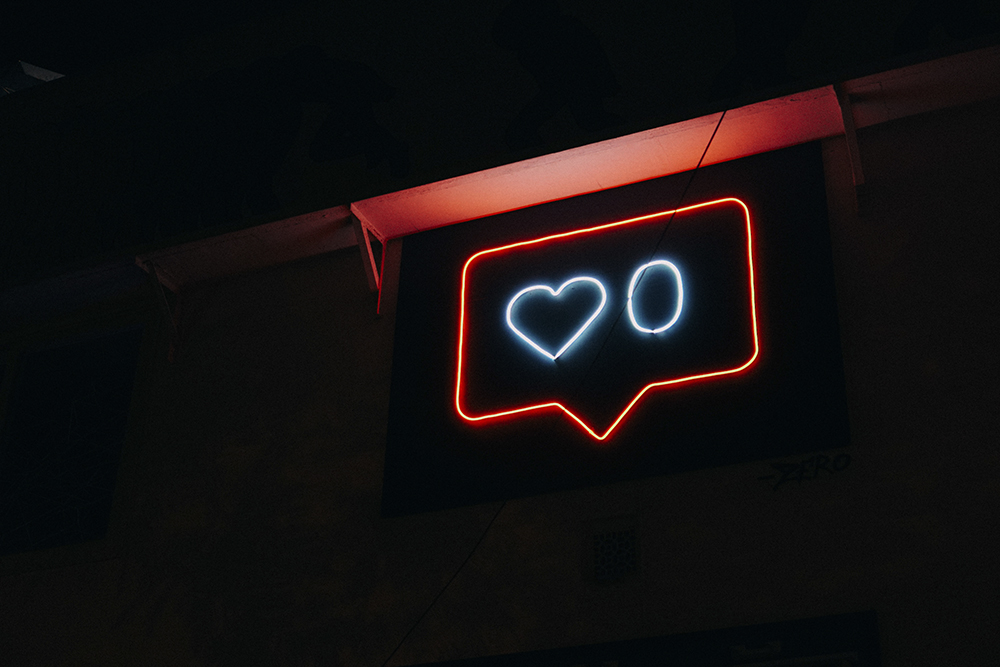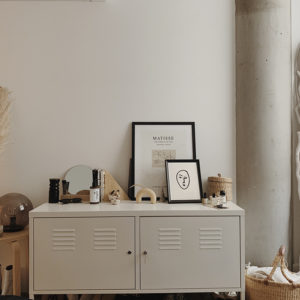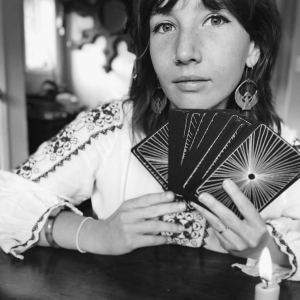With the recent removal of likes, Instagram and the effects of social media on our psyche has been a hot button topic. According to Instagram CEO Adam Mosseri, removing likes was an effort to provide a safe space on the internet, in the wake of bullying, anxiety, and depression. To further investigate, beyond the barrage of opinions and debate on the platform, we reached out to psychotherapist, Jett Okoye to discuss the effects of social media on the mind. She offers guidance on boundaries, detoxing, and creating a healthy relationship.
The Good:
“There are many positive feelings that derive from social media,” says Okoye. “If you are following positive pages that share uplifting posts and you actively build a community on social media—you can have a very positive experience. It is a great place to share your work and gain instant feedback. It is also great to follow other people that are in the same stage of their career to learn from their journey and feel connected to like-minded people.
The Bad:
“You can curate the exact opposite experience of what we just talked about,” she explains. “If you are following established accounts or individuals that have achieved your goals, it can create a negative experience. Your confidence, motivation, and how you perceive your worth can all be affected by this. Trying to gain validation from people you don’t know can be a slippery slope.”
The Buildup
In order to create a positive space on social media, Okoye suggests implementing what she calls, “the buildup.” If you plan to share something your are particularly vulnerable about—art, writing, photography, etc..—first share it with someone you trust. “Creating a small group of friends and family that constantly offer constructive and honest feedback to test what you’re going to share helps you to put your best foot forward,” she explains. She goes on to say that having a plan for moments of feeling over criticized or particularly inadequate makes an immense difference—whether that is a break from social media, a support group of other like-minded people, or a session with your therapist. “One resource I suggest is the Dialectical Behavior Therapy (DBT) workbook. DBT helps with radical acceptance, or acknowledging reality, along with other helpful skills like mindfulness, emotion regulation, and distress tolerance.”
Detox?
In terms of taking some time offline, Okoye says that while it depends on the individual, a good rule of thumb is to spend at least as much time as you do on social media on yourself. “Scrolling through social media is an ‘intake’ process,” she describes. “Our minds are working hard to absorb all of the information placed before us. Find ways to practice ‘output,’ or taking what’s in your mind and creating something.” Okoye also recommends that if there are any particularly traumatic events or political occurrences happening and you find yourself triggered by them, taking a break from social media is a good idea. “We often relive these experiences over and over again and we can cause ourselves secondary trauma,” she says.
Setting Boundaries
You can take entire days, weeks, or months away from social media. Most likely, that’s impractical, so at least take time yourself when you scroll. Give yourself a certain amount of time every day. Set a timer and when it goes off, close your apps. What happens during that time is important as well. Participate in practices that help you to remain mindful and present. “The social world is like a canvas. The front is where a beautiful painting resides. This is what we see when scrolling. However, there is a back to everyone’s lives (the reality) that has staples, stretched canvas, and the more unsightly elements of a beautiful work of art.”
Another facet is to remember that your self worth is not tied in any way to how many likes you get on a post. Removing likes “will be great to have less of a show of how many likes an individual gets. However, you will still be able to see how many likes you get on each post and if you are still equating your worth with likes, the essential issue is still there.” Developing healthy boundaries, a plan for when it becomes overwhelming, and taking a break every now and then will allow social media to be a rewarding space to share and create community.











Leave a reply